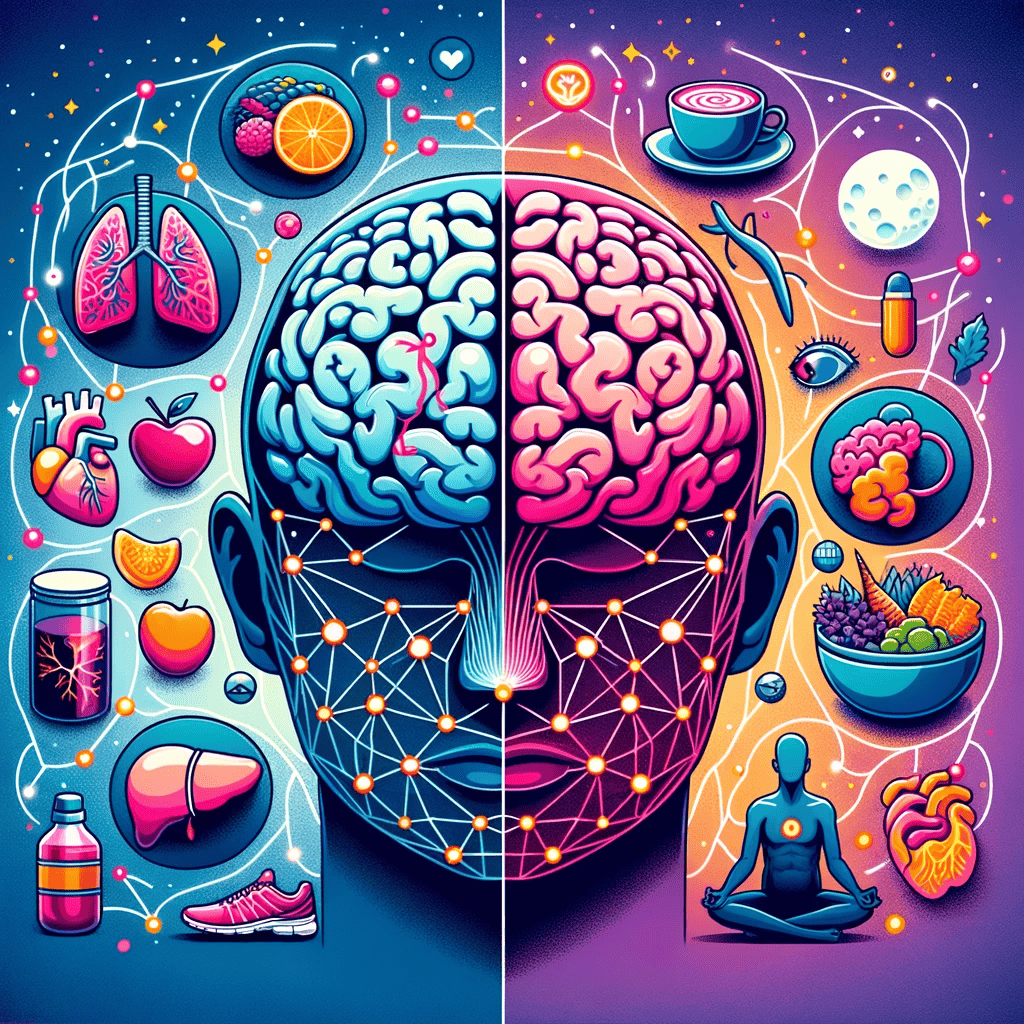We all know that the mind and the body have an intricate relationship. Your thoughts can affect your body, and your body can also influence your thoughts. But in a new study, researchers show that the two are even more interconnected than we thought. A recently published study suggests that personality can significantly influence health behaviors, even something as specific as visiting the dentist.

Personality and health
When most people think about psychology, they think about being introverted or extroverted, or some binary traits like that. But our psychology is far more nuanced — and impactful.
Simply said, psychology studies the mind and behavior, like having a secret key to people’s thoughts, feelings, and deeds. Consider your brain to be a computer and psychology to be the user manual – it explains how everything works together.
In the new study, researchers correlated the so-called “Big Five” personality traits and the likelihood of dental visits, general medical practitioner visits, and hospitalizations. The study was carried out with over 350,000 individuals.
The Big 5 personality traits are extraversion, agreeableness, openness, conscientiousness, and neuroticism. The connections between these personality traits were small but significant, the study mentions.
According to the results, people higher in conscientiousness, agreeableness, extraversion, and openness, and lower in neuroticism were more likely to visit the dentist; people higher in neuroticism were more likely to visit general medical practitioners; and people lower in conscientiousness and agreeableness and higher in neuroticism were more likely to be hospitalized.
Correlation, not causation
Thankfully, our psychology is something that can be improved upon, say researchers at James Cook University who were not involved in the study.
But the more important takeaway from the study is that we can provide personalized healthcare to different people. If you know someone has a personality that makes them more likely to require a specific type of medical visit, you can be proactive and make more check-ups, improving people’s health by focusing on prevention rather than treatment and saving healthcare money.
However, it’s important to keep in mind that the study has important limitations. For starters, it establishes associations but does not establish causality. Understanding the causal relationship between personality traits and healthcare utilization would require experimental designs. The study itself mentions that the associations tend to be small, with odds ratios around 1.20. This indicates that while the associations are statistically significant, their real-world impact may be limited.
The study doesn’t distinguish between different kinds of healthcare, such as preventative vs. reactive care or acute vs. chronic care. Knowing how personality traits influence these specific types of care could be more actionable. Lastly, the findings may not be generalizable to a broader population.
So while the study does suggest some connections between psychology and overall health, it’s still not clear how to interpret said findings.
How to improve your psychology for long-term physical health
Regardless of your personality type, some good activities can improve both your mental and physical health. Recognizing the intertwining of mental and physical health, here are some recommendations for a balanced life:
- Regular Exercise: Beyond the obvious physical benefits, exercise triggers the release of endorphins—often dubbed ‘feel-good hormones’—that elevate mood, improve sleep quality, and mitigate stress.
- Balanced Nutrition: A diet rich in essential nutrients not only nourishes the body but also stabilizes mood and counters the onset of chronic illnesses.
- Mindfulness and Meditation: These practices are instrumental in achieving mental equilibrium, enhancing sleep quality, and elevating positive emotional states like joy and compassion.
- Adequate Sleep: Quality sleep is a cornerstone for both mental and physical health, aiding in the repair and rejuvenation of body and mind.
Journal Reference: Personality traits and health care use: A coordinated analysis of 15 international samples. Willroth et al., 2023. APA Psych Net.









